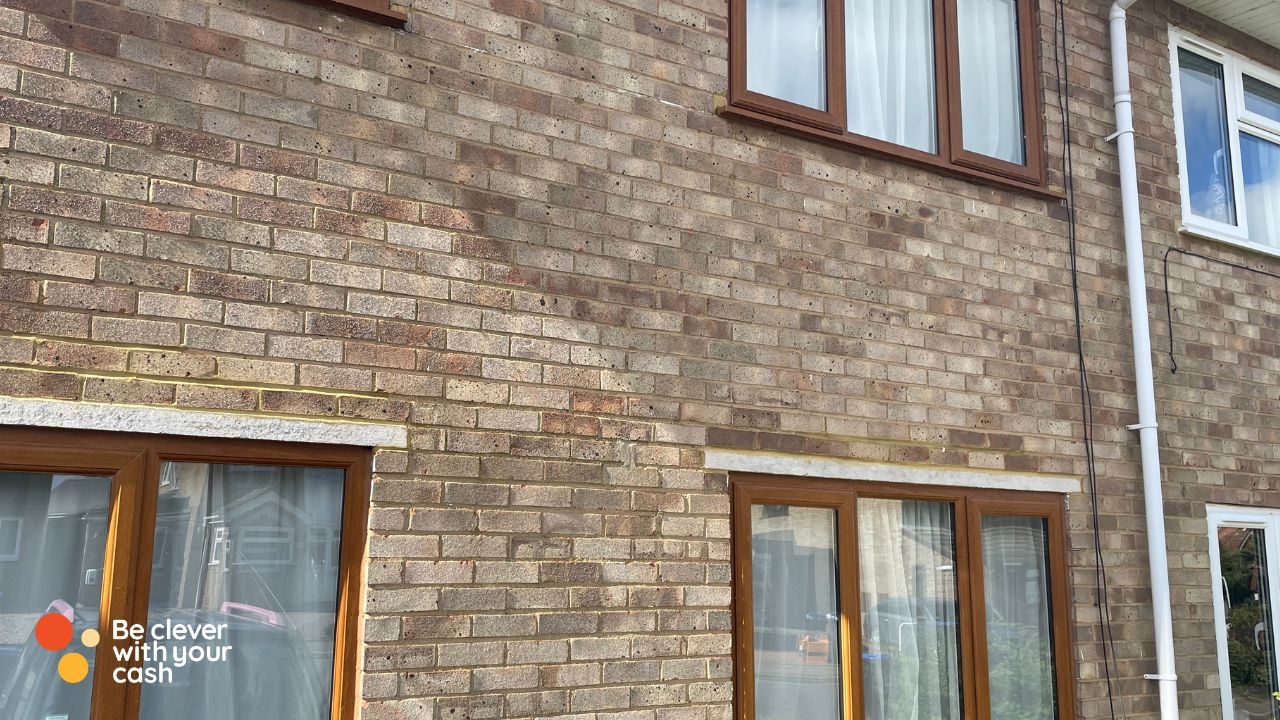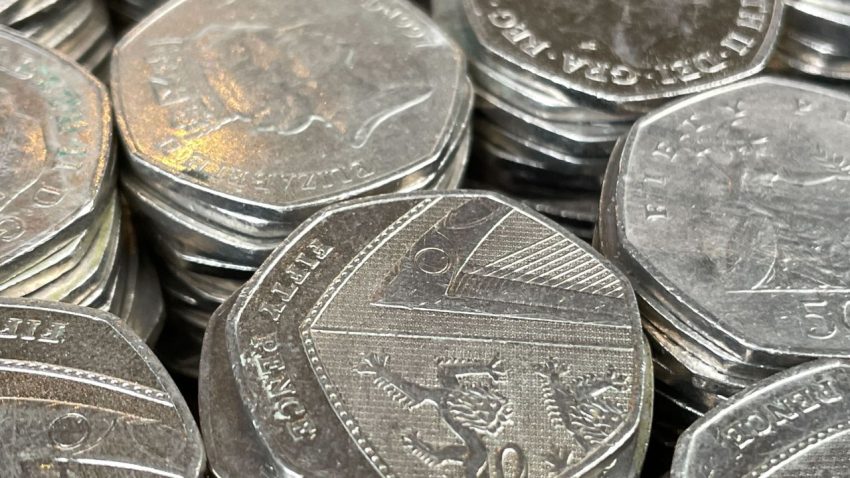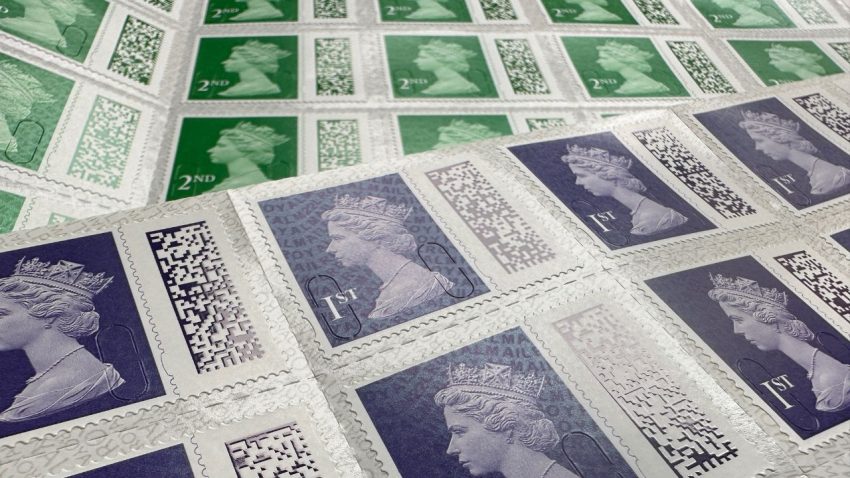A guide to the tax that’s charged on property purchases
When you buy a property there are lots of costs to factor into your budget. One of the biggest could be the amount of stamp duty you’ll have to pay.
Here’s everything you need to know about what stamp duty is and how it works.
Some articles on the site contain affiliate links, which provide a small commission to help fund our work. However, they won’t affect the price you pay or our editorial independence. Read more here.

What is stamp duty?
Taxes are as old as time and stamp duty is no exception. Introduced back in 1694, it’s a tax that’s charged on property purchases. Over the centuries stamp duty has had many facelifts, but the concept remains the same: when you buy a property, you may have to pay tax.
In England and Northern Ireland, it’s known as stamp duty land tax (SDLT). In Wales it’s called Land Transaction Tax (LTT) and Scotland has Land and Buildings Transaction Tax (LBTT).
How does stamp duty work?
In most cases, your solicitor will handle all aspects of stamp duty for you.
They’ll calculate how much you need to pay and collect the payment from you before you complete on the purchase. They’ll also send the payment to HMRC, Revenue Scotland or Welsh Revenue Authority on your behalf.

Try our mortgage calculator
Our mortgage calculator helps simplify things by giving you an idea of how much you could borrow and your likely monthly repayments.
How much does stamp duty cost and how is it calculated?
The amount you pay is dependent on the purchase price of the property, and whether you’re first-time buyer, moving up the ladder, or purchasing an additional property like a second home or property to rent out to others (a.k.a a Buy to Let).
This type of tax is charged as a tiered system based on pricing band levels. The portion of the sale price that falls into each band is then charged at the corresponding interest rate. The less you pay for a property, the less you’ll pay in stamp duty, LTT or LBTT.
If you’re a first-time buyer in England or Northern Ireland, you’ll be able to save on the amount you pay – if the property will be your main residence and the purchase price is no more than £625,000.
As a first-time buyer, you’ll pay no stamp duty at all for properties with a purchase price of up to £425,000. If you buy a property for somewhere between £425,001 and £625,000, you’ll pay 5% of the purchase price in stamp duty.
Unfortunately, there’s no cut for first-time buyers in Wales. But with property prices generally lower than other parts of the UK, many first-time buyers will fall into the exemption band of £225,000 or less.
In Scotland as a first-time buyer, you won’t pay LBTT on the first £175,000, an up-lift on the usual £145,000 band limit.
Here are the current rates and bands (you may qualify for some savings on the amounts shown if you’re a first time buyer)*:

Compare mortgage rates and deals
Looking for a mortgage? Find the top rates from over 200,000 deals and 100+ lenders with our live tables.
England and Northern Ireland
Stamp duty rates for first time buyers:
| Property value | Stamp duty rate |
| Up to £300,000 | 0% |
| The next £200,000 (the portion from £301,000 to £500,000) | 5% |
| Anything above £500,000 | Normal SDLT rates apply (see below) |
Stamp duty rates for non-first time buyers:
| Property value | Stamp duty rate |
| Up to £125,000 | 0% |
| The next £125,000 (the portion from £125,001 to £250,000) | 2% |
| The next £675,000 (the portion from £250,001 to £925,000) | 5% |
| The next £575,000 (the portion from £925,001 to £1.5 million) | 10% |
| The remaining amount (the portion above £1.5 million) | 12% |

Examples of what you’d pay in England
If you buy a property for £125,000 or less
- you won’t pay any stamp duty
If you buy a property for £295,000, and you’re not a first time buyer, you’ll pay:
- 0% on the first £125,000 = £0
- 2% on the next £125,000 = £2,500
- 5% on the remaining £45,000 = £2,250
Total stamp duty amount = £4,750
If you buy a property for £950,000, and you’re not a first time buyer, you’ll pay:
- 0% on the first £125,000 = £0
- 2% on the next £125,000 = £2,500
- 5% on the next £675,000 = £33,750
- 10% on the remaining £25,000 = £2,500
Total stamp duty amount: £38,750
Wales
| Property value | LTT rate |
| The portion up to and including £225,000 | 0% |
| The portion over £225,000 up to and including £400,000 | 6% |
| The portion over £400,000 up to and including £750,000 | 7.5% |
| The portion over £750,000 up to and including £1,500,000 | 10% |
| The portion over £1,500,000 | 12% |

Examples of what you’d pay in Wales
If you buy a property for £225,000 or less (regardless of whether you’re a first-time buyer or not)
- you won’t pay any Land Transaction Tax
If you buy a property for £290,000 (regardless of whether you’re a first-time buyer or not), you’ll pay:
- 0% on the first £225,000 = £0
- 6% on the remaining £65,000 = £3,500
Total LTT amount = £3,500
If you buy a property for £950,000 (regardless of whether you’re a first-time buyer or not), you’ll pay:
- 0% on the first £225,000 = £0
- 6% on the next £175,000 = £10,500
- 7.5% on the next £350,000 = £26,250
- 10% on the remaining £200,000 = £20,000
Total LTT amount = £56,750
Scotland
| Purchase price | LBTT rate |
| Up to £145,000 (up to £175,000 for first time buyers) | 0% |
| £145,001 to £250,000 | 2% |
| £250,001 to £325,000 | 5% |
| £325,001 to £750,000 | 10% |
| Over £750,000 | 12% |

Examples of what you’d pay in Scotland
If you buy a property for 145,000 or less, and you’re not a first-time buyer
- you won’t pay any Land and Buildings Transaction Tax
If you buy a property for £290,000 (and you’re not a first-time buyer), you’ll pay:
- 0% on the first £145,000 = £0
- 2% on the next £105,000 = £2,100
- 5% on the remaining £40,000 = £1,500
Total LBTT amount = £3,600
If you buy a property for £950,000 (and you’re not a first-time buyer), you’ll pay:
- 0% on the first £145,000 = £0
- 2% on the next £105,000 = £2,100
- 5% on the next £75,000 = £3,750
- 10% on the next £425,000 = £42,500
- 12% for the remaining £200,000 = £24,000
Total LBTT amount: £72,350
*Rates correct as of June 2025
Get the best of our money saving content every week, straight to your inbox
Plus, new Quidco customers get a high paying £18 welcome offer

Is there a way to reduce the amount of stamp duty you pay?
The simplest way to reduce the amount is to buy a property in a lower band. But this is of course easier said than done if you need a larger property or live in an area with higher prices.
If the property you’re interested in has an asking price that’s very close to a lower band limit, you could try negotiating with the seller to see if you can strike a deal. Just tread carefully with this approach though as there’s often a lot of competition among buyers, so you’ll need to make sure your offer is still competitive.
Is anyone exempt from paying stamp duty?
There are some scenarios where you’ll be exempt from paying stamp duty. They are:
- A property transfer where no money or other type of payment changes hands
- A property left to you in a will
- A property transferred because of divorce or dissolution of a civil partnership
How does stamp duty differ for buying a second home or buy-to-let property?
If you’re buying a second home or a buy-to-let property in England or Northern Ireland, you’ll usually have to pay at least 5% extra on top of the usual stamp duty rates.
In Scotland, the extra amount you’ll pay for a second property is at least 8% of the purchase price and in Wales, it will be at least 2% to 5% extra.
Our podcast
Listen to Cash Chats, our award-winning podcast, presented by Editor-at-Large Andy Webb and Deputy Editor Amelia Murray.
Episodes every Thursday.

Yes, you’ll still have to pay stamp duty when you’re buying a shared ownership property. But this has a little more flexibility as you can choose whether to make a one-off payment based on the market value of the property or pay it in stages.
How long do you have to pay stamp duty after buying a property?
When it comes to making the payment, the rules are the same wherever you are in the UK. You have a 14-day deadline from the completion date to make your payment. Most solicitors will collect the payment from you in advance so they can make sure everything is paid on time.
As with anything tax and Government related, the rules on limits, rates and exemptions are always subject to change. Before you go ahead and put an offer in on a property, it’s always best to speak to a solicitor about your situation so they can help you understand the land tax implications and how much you’re likely to pay. The official Government websites for your part of the UK will also have the most up-to-date information.
Important
*Your home may be repossessed if you do not keep up repayments on your mortgage. Be Clever With Your Cash may receive a payment from Tembo Money if you complete a mortgage through the link provided. This will not affect the amount you pay for the service.
This broker fee discount of up to £499 is applicable for standard mortgages and remortgages only, more complex cases including guarantor, buy-to-let, adverse credit, and equity transfer may be liable for a fee. The fee you are required to pay will be clearly outlined by your adviser prior to an application being submitted on your behalf. The offer does not cover any other potential fees that may arise during the mortgage process.
Tembo Money Limited (12631312) is a company registered in England and Wales with its registered office at 18 Crucifix Lane, London, SE1 3JW. Tembo is authorised and regulated by the Financial Conduct Authority under the registration number 952652. Tembo Money was awarded Best Mortgage Broker at the British bank awards in 2022, 2023, 2024 and 2025. Rates are not guaranteed and may change by the time you come to apply. Eligibility criteria may vary by lender.
Our calculator is only an estimate of how much you are able to borrow and does not constitute mortgage advice





It’s hardly worth haggling if the purchase price is close to a lower band limit because you only save the marginal rate on the excess over that limit, which is likely to be only a few hundred quid.
How much do you pay over £625000 as a first time buyer?